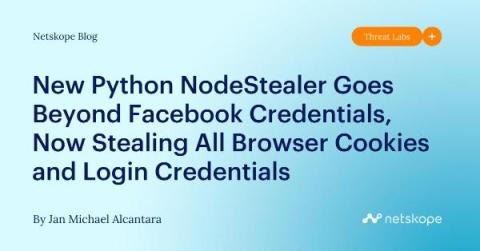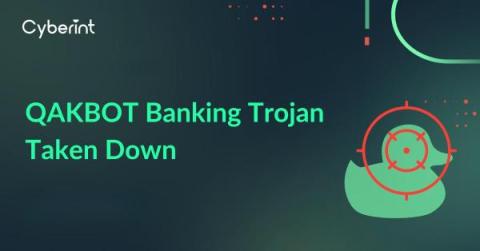Guarding Against Fileless Malware: Types and Prevention
Fileless malware, true to its name, is malicious code that uses existing legitimate programs in a system for compromise. It operates directly in the Random Access Memory (RAM) without requiring any executable files in the hard drive. Differing from conventional malware, fileless attacks are stealthier in nature, falling under the category of low-observable characteristics (LOC) attacks.









